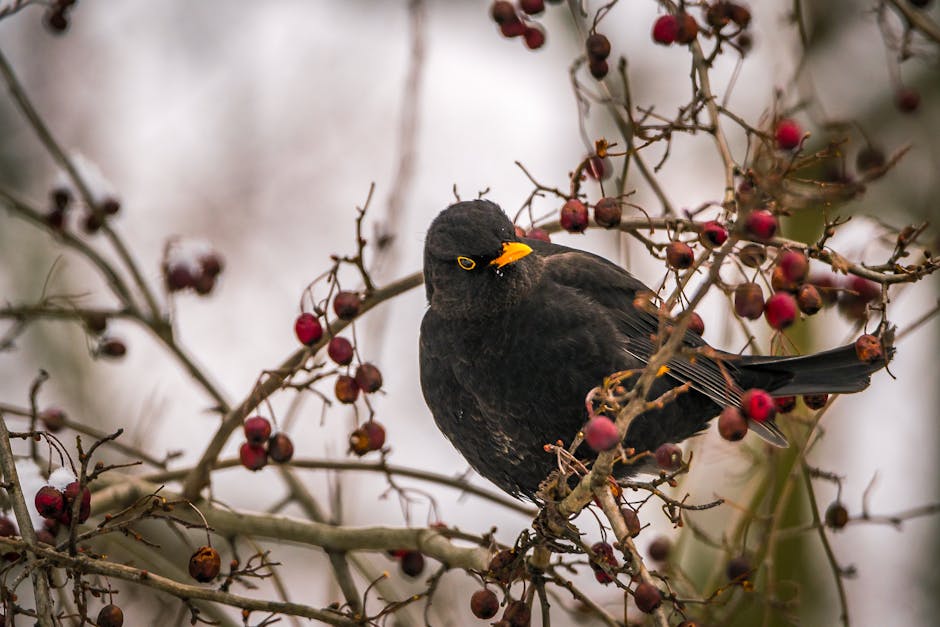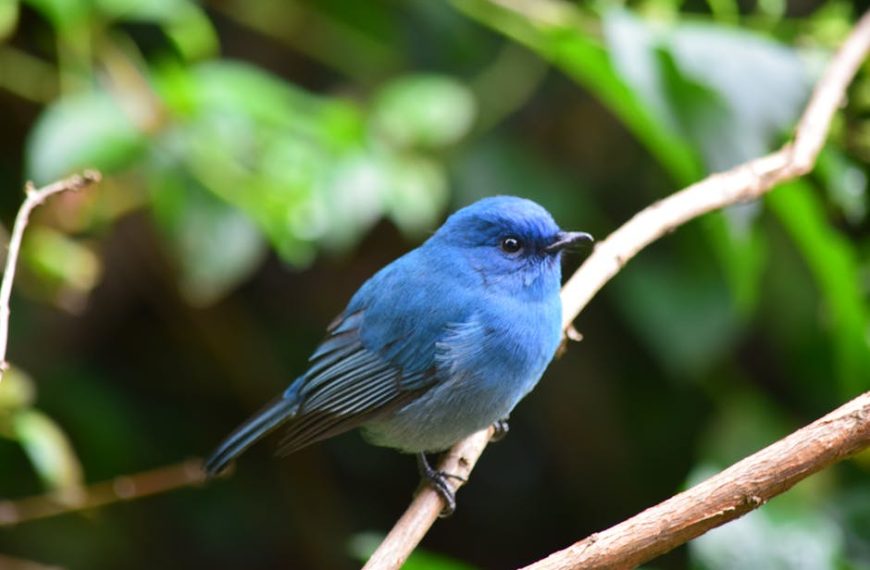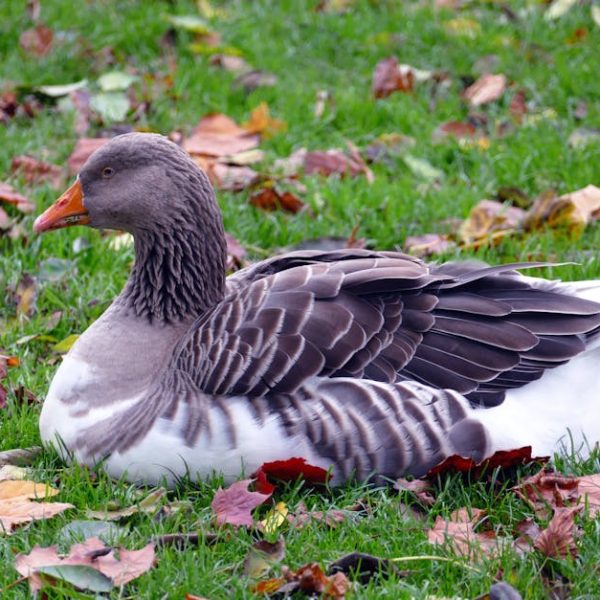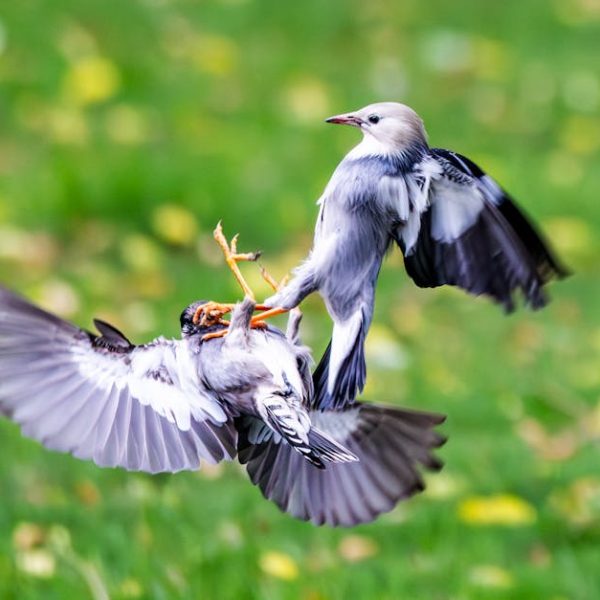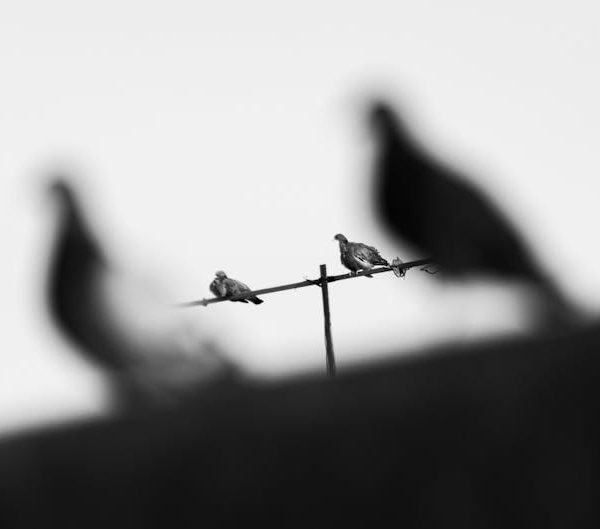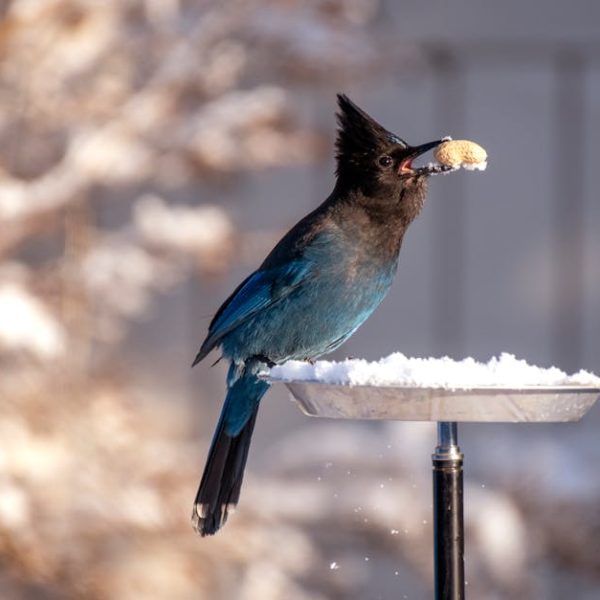Birds are some of the most vibrant and enthralling creatures in our ecosystems. They are known for their beautiful songs, eye-catching plumage, and intricate social behaviors. But have you ever wondered why some birds chirup at unconventional hours? In particular, why do they seem to put on their vocal performances during the still and silent hours of the night? The answers to these questions delve into a fascinating world of nocturnal mysteries, environmental influences, and avian behaviors.
## Understanding Nocturnal Bird Behavior
Nocturnal chirping is not random behavior but occurs in specifically nocturnal bird species which are inherently night-active. The darkness provides them with a shield from predators, and the relative quiet allows their calls to carry longer distances. Some of the commonly observed nocturnal birds include:
- Owls
- Nightjars
- Kiwis
- Kakapos
**Pro tip:** Nocturnal birds usually possess specific physical traits like large eyes to gather light and specialized feathers for silent flying. So, while field watching, pay attention to these signs to identify them.
## Night Chirping: Communication or Mating Signal?
Feathers’ flirt or chit-chat chimes? Several species resort to nighttime chirping to either communicate with others or attract potential mates. Communication chirping helps establish territories or warn against predators. On the other hand, mating signals are typically intricate sets of songs used to woo the opposite sex.
| Communication Chirping | Mating Signal |
|---|---|
| ———————- | ————- |
| Establishes territories | Allures potential mates |
| Wards off predators | Helps compete against rival males |
| More common in alarm or protective situations | More complex and melodic |
**Best Practices:** While observing these fascinating nocturnal behaviors, it’s crucial to maintain a safe and respectful distance to not disrupt their activities or stress the birds.
## Migratory Birds: The Reason Behind Nocturnal Chirping?
Migration periods often witness an increase in nocturnal chirping. Migratory birds deploy nighttime singing to communicate with their flock, navigate their journey, and avoid daytime predators. Some commonly observed nocturnal migratory birds include the Northern Mockingbird and the Swamp Sparrow.
**Pro Tip:** Recognize migratory species by familiarizing yourself with their specific chirps. These birds often follow a rhythmic pattern in their songs, unlike the abrupt calls of their non-migratory counterparts.
In the following sections, we will explore the impact of urbanization on nocturnal bird behavior and ways humans can employ to deter night chirping, contributing to a harmonious human-bird coexistence. ## Urbanization and Nocturnal Chirping: An Emerging Phenomenon
Urbanization serves as a double-edged sword for birds. The abundant food sources, sheltering buildings, and lack of natural predators deludes birds into a false sense of security. Unfortunately, city lights often confuse them, leading to increased night chirping even among ordinarily diurnal birds. Some city-dwelling bird species known to exhibit this behavior include:
- European Blackbirds
- Northern Mockingbirds
- House Sparrows
- American Robins
**Best Practices:** To encourage healthy bird behavior in urban areas, consider installing bird-safe lights, withdrawing bird feeders at night, and promoting dark skies initiatives in your neighborhood.
## Measures To Deter Night Chirping
At times, the incessant nocturnal chirping can disrupt your peace and quiet. Yet, our love for birds compels us to seek ethically sound and effective countermeasures. Here’s a quick checklist of
- Investigate the source: Identify if the ‘nightingale’ is indeed a nocturnal species, a migratory bird, or just confused by city lights.
- Block the light: Birds can be fooled into thinking it’s daytime by artificial lighting. Blackout curtains or shades can mitigate this issue.
- Combat noise pollution: Sometimes, heavy traffic or construction noise prompt birds to sing louder and longer. Try to minimize such noises, especially after dark.
| Measure | Effectiveness | Impact on Birds |
|---|---|---|
| —— | ———– | —————- |
| Block light | Highly effective for city dwellers | Low impact; birds resume natural behavior |
| Fight noise | Proven to reduce nocturnal chirping | Positive impact; birds remain unstressed |
| Physical deterrents (like bird spikes) | Moderate effectiveness | High impact; may harm or repel birds |
**Best Practices:** It’s crucial to remember that birds are part of our shared environment. Any attempts to deter bird behavior should prioritize their safety and wellbeing. Therefore, refrain from using harmful deterrents like poisonous bird pills or loud sonic devices.
By unraveling the mysteries of bird behaviors, we develop a more profound appreciation for the importance and beauty of our feathered friends. Remember, their harmonious chirps are, above all, a testament to the thriving sounds of nature that we should protect and cherish.
Key Takeaway:
- Nocturnal chirping is a common behavior in certain bird species which are inherently night-active.
- Night chirping fulfills various roles in birds’ communication and mating rituals and is more prominent during migratory periods.
- Urbanization and city lights are causing even non-nocturnal birds to chirp at night.
- Effective and ethical measures can be implemented to deter night chirping if it’s causing a nuisance.
Rest assured, the sounds of nocturnal birds, albeit mysterious at first, are part of their natural behavior. It’s rewarding to understand their motives and behaviors better. Just remember, if their night songs become a disturbance, there are practical, harmless ways to handle the situation.
FAQs
Q: Can light pollution from my house make the birds in my backyard chirp all night?
A: Yes, artificial lighting can confuse birds and make them think it’s daylight, causing them to chirp during the night. Using blackout curtains or shades can help mitigate this issue.
Q: Why do some birds chirp loudly and for long periods at night?
A: Some birds may chirp loudly and for extended periods due to noise pollution. Minimizing noises after dark, especially from traffic or construction, can help reduce this behavior.
Q: Are there birds that are naturally active at night?
A: Yes, certain bird species like owls and nightjars are inherently night-active and use nighttime for their primary activities like hunting and communication.
Q: What is the significance of night chirping during migration periods?
A: Migratory birds use nighttime singing to communicate with their flock, navigate their journey, and avoid daytime predators.
Q: Can I do anything to encourage proper bird behavior in my urban neighborhood?
A: Yes, consider installing bird-safe lights, withdrawing bird feeders at night, and promoting initiatives for darker skies in your neighborhood to encourage natural bird behavior.
Please share this article with others who find birds as fascinating as you do and explore more intriguing posts on our website. Happy birdwatching!
